I have been raising egg laying chickens for years and only feed them organic feed. When it was a handful of chickens the cost was nominal but over time as the flock size grew, calculating the cost involved in producing each egg became more and more important.
So recently I was talking with a friend who assumed I made money selling the eggs and I informed him that I don’t even break even selling a dozen eggs for $5.50. Then of course his next question was ‘Well, why do you do it then?’ And after thinking a moment, I said I do it because I believe in raising free range chickens and in the value of the product. And for a long time the markets have been selling organic eggs for still far less than I was selling them for. Of course I realized that their organic eggs were still not produced in a spacious, green, bug-filled environment like my eggs are. And I hoped that one day consumers would adjust to the true cost of farming organically and with an aim to leave the environment better than you found it. And I feel our food revolution is gradually happening; but nothing happens overnight. I think finally people are beginning to realize that there are farms that will merely fulfill criteria for a certification and then there are farms that go above and beyond. And ultimately, the more local you can buy your food, the more you will truly be able to see the conditions of your food, be it fruit, vegetable, egg or animal.
After this conversation I went to Whole Foods and saw that now they are selling Organic Valley Pasture Raised eggs for $7.50 a dozen. These large companies buy food by the ton, and can’t possibly have chickens ranging on such large square footage per chicken as on my small farm and still are now selling eggs for 63 cents per egg. And seeing such high costs of food is depressing from the point of view that there is such a gap between income salaries and cost of food (something fundamental to survival). And this is another, far larger problem in our country at the moment.
However, on a more personal level, as a farmer trying to at least break even on the eggs, I feel like the public is starting to see the true costs of farming in a responsible way. Over the recent decades we got used to inexpensive, heavily-processed foods and new commercial farming techniques which were developed for high output/low input production. More and more the end consumer thinks about where his food comes from and its impact on the environment. And currently this is a bill in the House getting farming classified as Public Service (which would help young farmers get loan forgiveness etc) and of course, we all know this fundamentally, we don’t need the government to declare that. Every day we are alive and healthy we need to thank many farmers.
I thought long and hard about whether to write this post or not. It’s not a post about raising egg costs. It is a post, however, about the business of farming. All young farmers not only need to learn their trade but also need to be well-versed in business and marketing. They need to calculate costs and profits, with small margins, and need to think about Value Added Products as a way to increase their revenue because as much as the average consumer supports the idea of buying farm to their table, on a busy Wednesday night when dinner for the family just needs to be made, something that is healthy but saves time (a value added product) will undoubtedly be called upon to save the day. And most importantly, it is up to young, independent farmers to educate the public on the values of organic, sustainable farming and why our food system needs to continue to change.
So, this is just a little food for thought, or thought for food I guess, for the weekend!
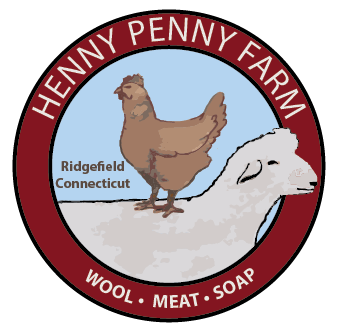
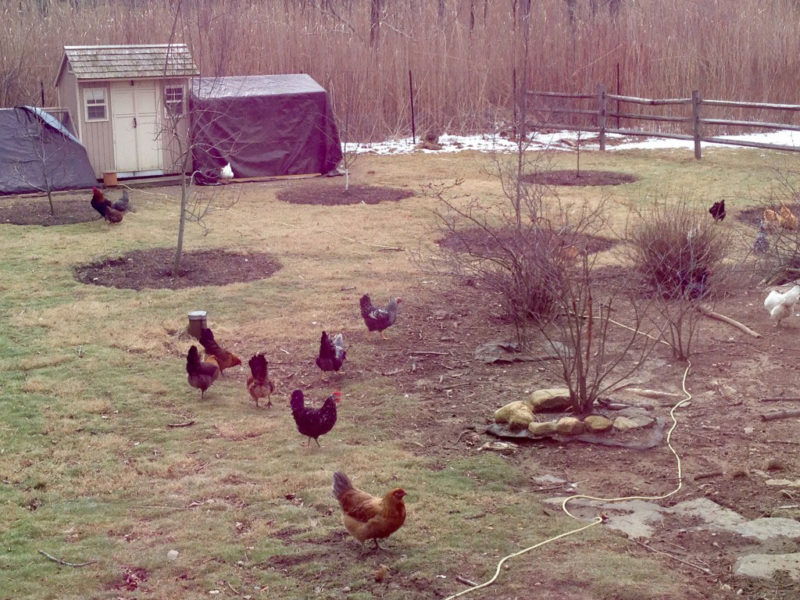

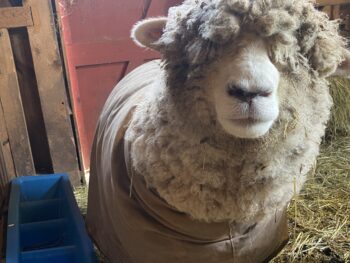
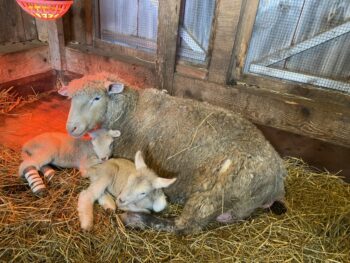
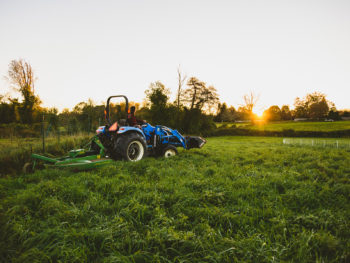
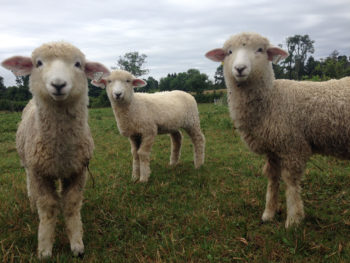
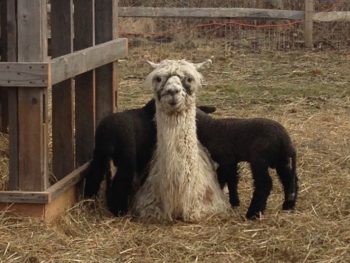
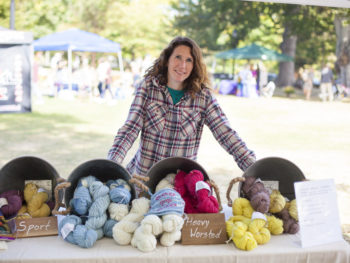
 In reflection
In reflection





